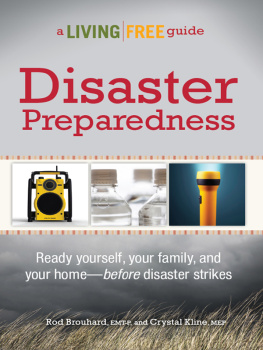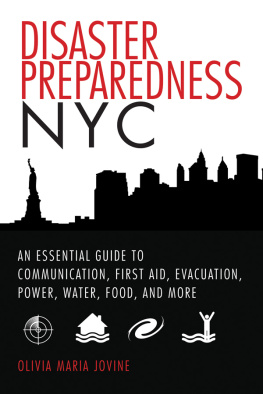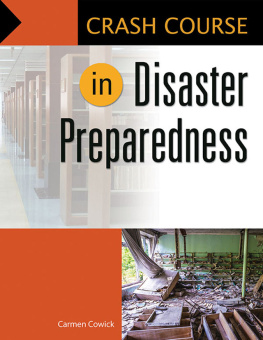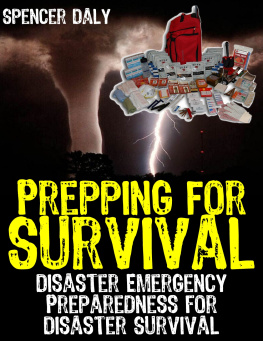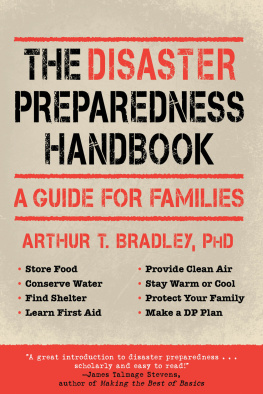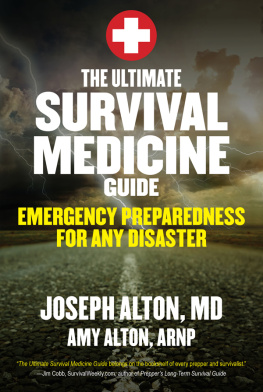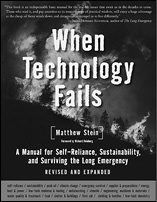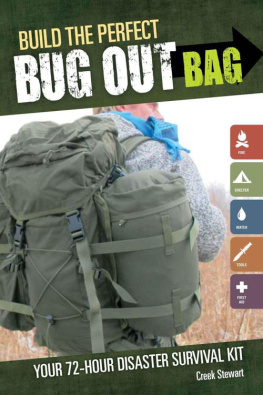Contents
Guide
ALPHA BOOKS
Published by Penguin Group (USA) Inc.
Penguin Group (USA) Inc., 375 Hudson Street, New York, New York 10014, USA Penguin Group (Canada), 90 Eglinton Avenue East, Suite 700, Toronto, Ontario M4P 2Y3, Canada (a division of Pearson Penguin Canada Inc.) Penguin Books Ltd., 80 Strand, London WC2R 0RL, England Penguin Ireland, 25 St. Stephens Green, Dublin 2, Ireland (a division of Penguin Books Ltd.) Penguin Group (Australia), 250 Camberwell Road, Camberwell, Victoria 3124, Australia (a division of Pearson Australia Group Pty. Ltd.) Penguin Books India Pvt. Ltd., 11 Community Centre, Panchsheel Park, New Delhi110 017, India Penguin Group (NZ), 67 Apollo Drive, Rosedale, North Shore, Auckland 1311, New Zealand (a division of Pearson New Zealand Ltd.) Penguin Books (South Africa) (Pty.) Ltd., 24 Sturdee Avenue, Rosebank, Johannesburg 2196, South Africa Penguin Books Ltd., Registered Offices: 80 Strand, London WC2R 0RL, England
Copyright 2014 by Penguin Group (USA) Inc.
All rights reserved. No part of this book may be reproduced, scanned, or distributed in any printed or electronic form without permission. Please do not participate in or encourage piracy of copyrighted materials in violation of the authors rights. Purchase only authorized editions. No patent liability is assumed with respect to the use of the information contained herein. Although every precaution has been taken in the preparation of this book, the publisher and authors assume no responsibility for errors or omissions. Neither is any liability assumed for damages resulting from the use of information contained herein. For information, address Alpha Books, 800 East 96th Street, Indianapolis, IN 46240.
International Standard Book Number: 978-1-61564-360-8
Library of Congress Catalog Card Number: 2013945259
16 15 14 8 7 6 5 4 3 2 1
Interpretation of the printing code: The rightmost number of the first series of numbers is the year of the books printing; the rightmost number of the second series of numbers is the number of the books printing. For example, a printing code of 14-1 shows that the first printing occurred in 2014.
Printed in the United States of America
Note: This publication contains the opinions and ideas of its authors. It is intended to provide helpful and informative material on the subject matter covered. It is sold with the understanding that the authors and publisher are not engaged in rendering professional services in the book. If the reader requires personal assistance or advice, a competent professional should be consulted.
The authors and publisher specifically disclaim any responsibility for any liability, loss, or risk, personal or otherwise, which is incurred as a consequence, directly or indirectly, of the use and application of any of the contents of this book.
Trademarks: All terms mentioned in this book that are known to be or are suspected of being trademarks or service marks have been appropriately capitalized. Alpha Books and Penguin Group (USA) Inc. cannot attest to the accuracy of this information. Use of a term in this book should not be regarded as affecting the validity of any trademark or service mark.
Most Alpha books are available at special quantity discounts for bulk purchases for sales promotions, premiums, fund-raising, or educational use. Special books, or book excerpts, can also be created to fit specific needs. For details, write: Special Markets, Alpha Books, 375 Hudson Street, New York, NY 10014.
Publisher:Mike Sanders
Executive Managing Editor:Billy Fields
Senior Acquisitions Editor:Brook Farling
Development Editorial Supervisor:Christy Wagner
Senior Production Editor:Janette Lynn
Cover/Book Designer:Rebecca Batchelor
Indexer:Tonya Heard
Layout:Brian Massey
Proofreader:Louise Lund
Cover Images:
Weather Radio: Shutterstock/Charlie Hutton
Flashlight: Masterfile
Water Bottles: Masterfile
Stormy Field: SuperStock
This book is dedicated to the men and women who respond to natural and man-made disasters all over the globe, taking time away from their families and putting themselves at great personal risk. Rod
This book is dedicated to the many thousands of disaster survivors around the world, including the first responders, civilian and military, who heed the call to put themselves in harms way to rescue others (thank you, BT), and whose memory banks hold too many things that can never be unseen. Crystal
Foreword
When I first heard that Rod and Crystal, two emergency preparedness experts, were writing a book about personal preparedness, I was thrilled. I knew their combined 35 years of practical experience would result in a commonsense approach rather than simply theory, which is found in so many preparedness books.
I first learned of Crystal Kline through the City of Tulsas very innovative and nationally known disaster prevention program, Project Impact. Tulsa was already known for its award-winning benchmark storm water management program. As a Project Impact community, it moved further ahead in its goal to create a disaster-resistant community. In forging creative and innovative public/private partnerships, it built a significant awareness of disaster preparedness among the community.
Tulsa Project Impact inspired true community engagement, and that was the key to its success. The citizens were a vital part of this initiative; without their enthusiasm, input, and hard work, it would have failed. Klines contribution in building that partnership was significant.
She has worked with organizations in testing their response plans, and she has taken her expertise to Haiti along with my firm, Witt OBriens, where as part of the JP/Haiti Relief Organization and the Clinton Global Initiative, she developed curriculum and worked with a team to train residents of Haitis largest tent city to become their own first responders after a disaster.
Rod Brouhard also is a professional from the trenches. As a paramedic for more than 20 years, he has seen firsthand what happens to individuals who are not in a position to take care of themselves for the first 72 hours after an incident.
During my 8 years at FEMA, we handled 373 major disasters, including the Northridge Earthquake, the bombing of the Murrah Federal Building in Oklahoma City, and the Malibu Wildfires. Since that time, we have built an emergency management company that has helped major organizations and communities with the planning for, response to, and long-term recovery from many of the largest disasters in our nation and around the world.
During that time, I have noticed that in a crisis, people may respond in ways you would not expect. During a disaster, you see the best and the worst in peoplemost particularly, in the way they respond during the moment of crisis. Some manage better than others, and not necessarily the ones you would expect. The common difference seems to be in how well prepared they are for the unexpected.
A 2009 Citizen Corps National Survey demonstrated that a majority of people rely on emergency responders (fire, police, and rescue) in the first 72 hours of a disaster. However, findings show that in the initial response, those individuals are too involved in actual search and rescue to handle the immediate needs of most of the public. This highlights the need for personal responsibility.

